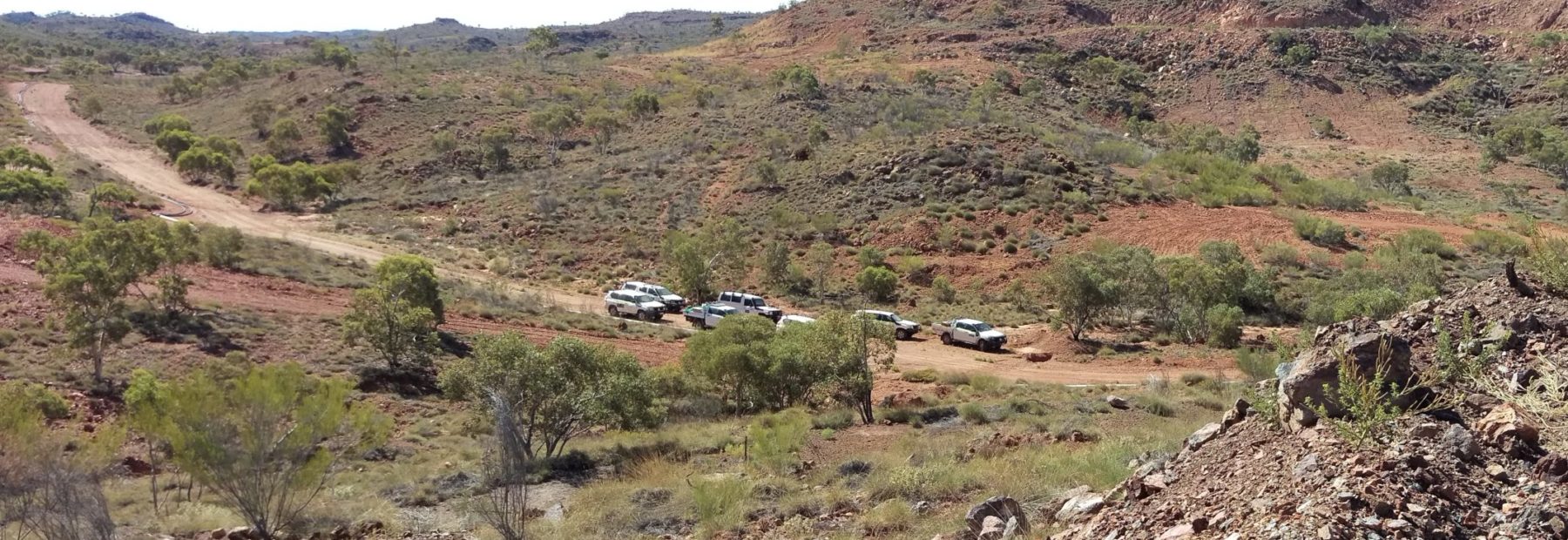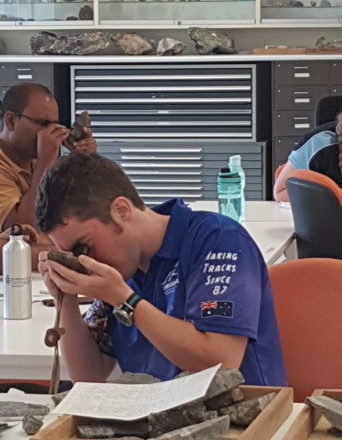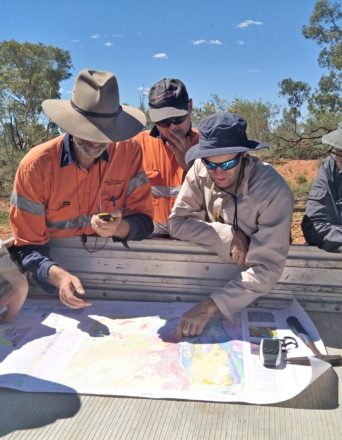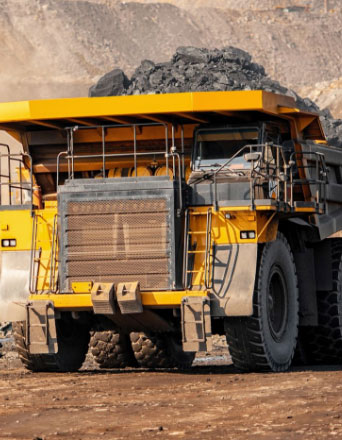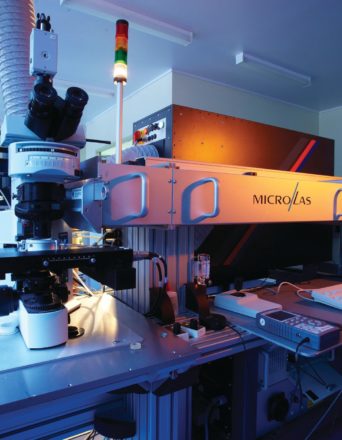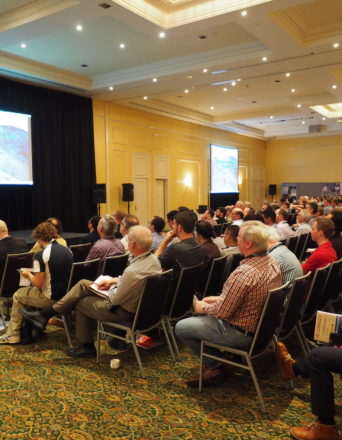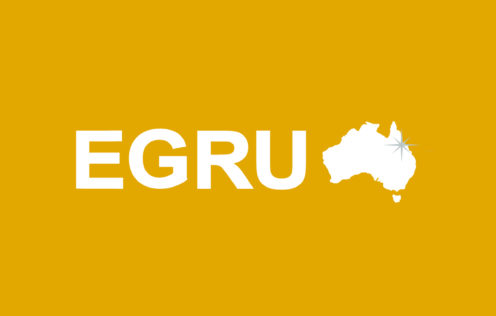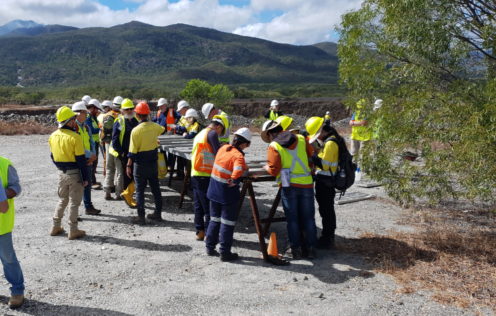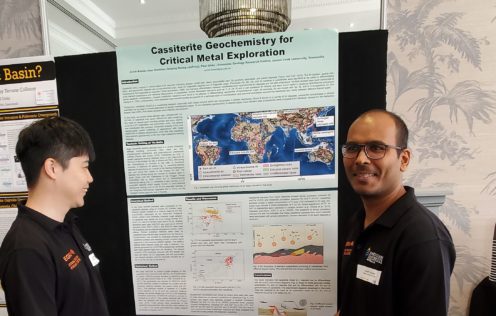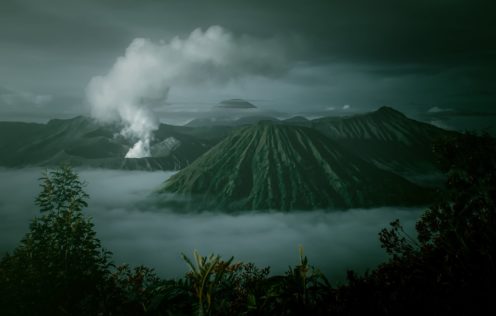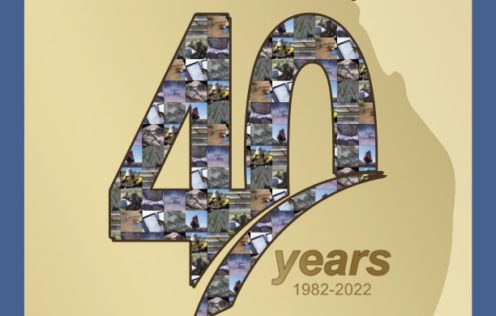Welcome to the Economic Geology Research Centre (EGRU) at James Cook University
Our Focus
EGRU has earned its reputation as a valued service and information centre for the resources industry over four decades, and we are dedicated to building connections between academia, industry and government. Our partnerships with industry and government focus on advancing the understanding of mineral resources. Our commitment to cooperation and knowledge-sharing leads to collaborative research projects, relevant and timely professional development training, and an expanding library of invaluable information resources.
Our Connections
Over the years EGRU has nurtured productive working relationships and built strong connections with colleagues and organisations in Queensland, in Australia, and internationally. We take pride in our collaborative relationships with industry, government agencies and other research groups. These relationships have driven our efforts in research, knowledge-sharing and skills training, and created opportunities for JCU geoscience students.
Our Leadership
EGRU is led by a Director and overseen by an Advisory Board that consists of representatives from its member organisations and JCU academic staff. This structure ensures our activities remain aligned with industry needs and academic excellence.
Our Members
Our commitment to relevant and timely research and training is sustained by the support of our member organisations. Through membership subscriptions, consultation and collaboration, our members are critical to ensuring EGRU remains effective, responsive and relevant.



